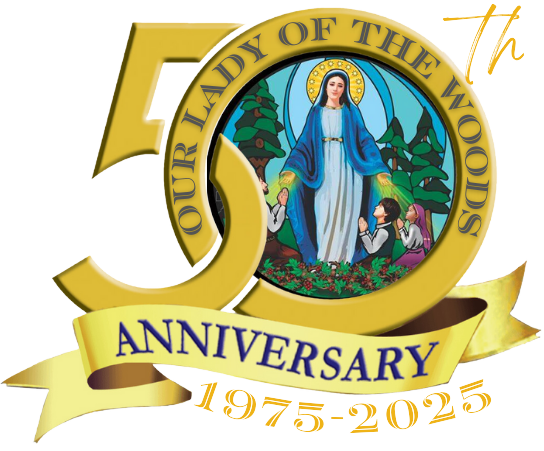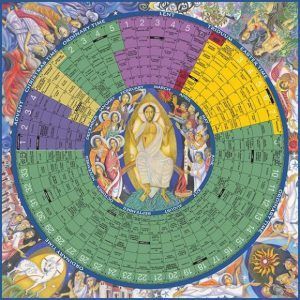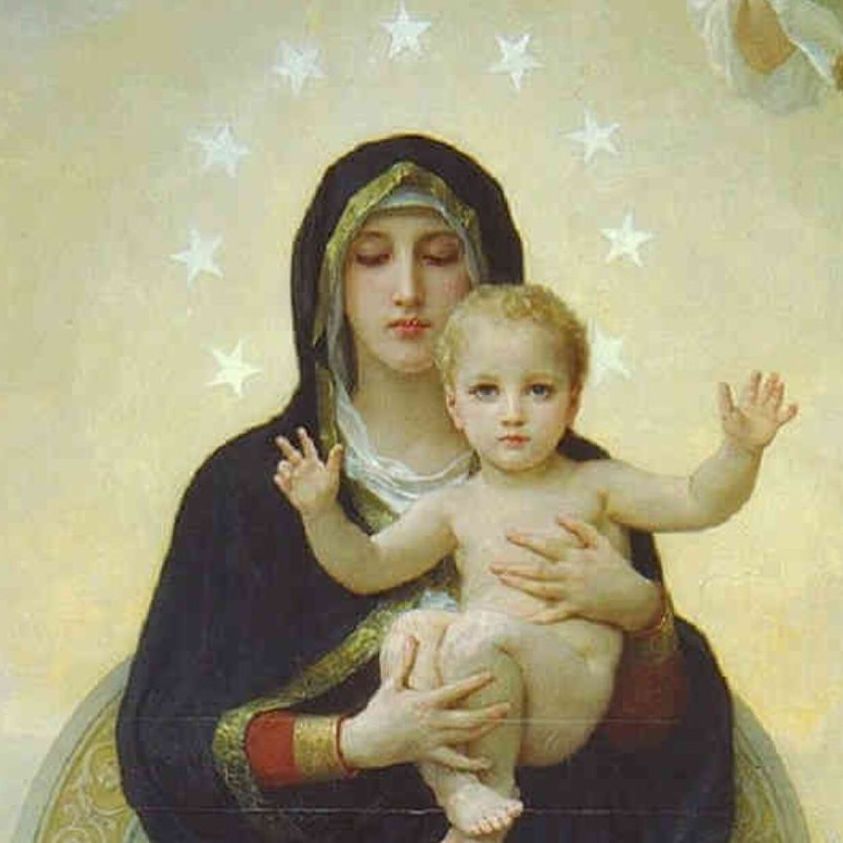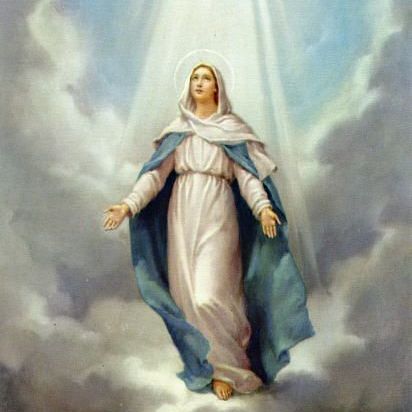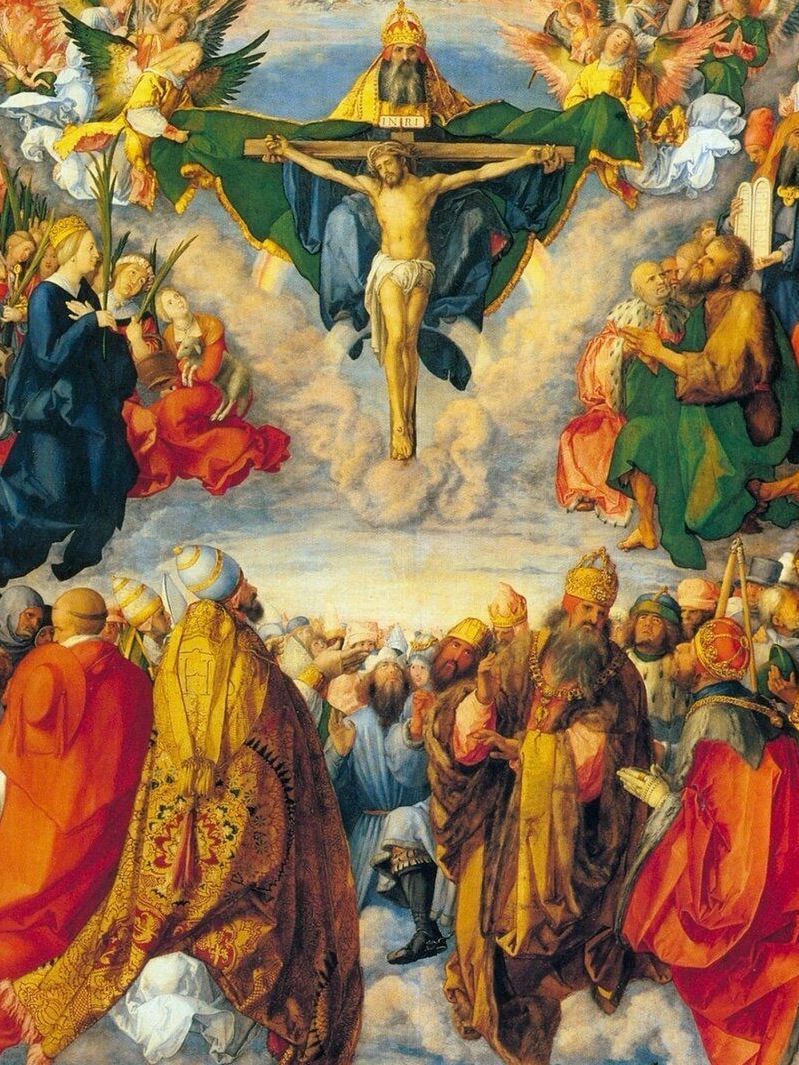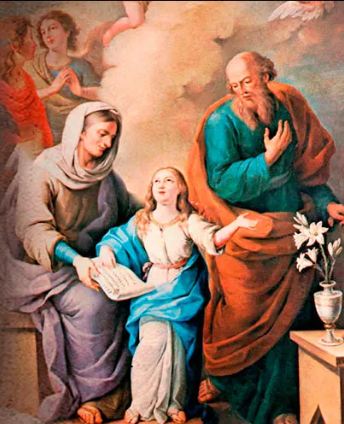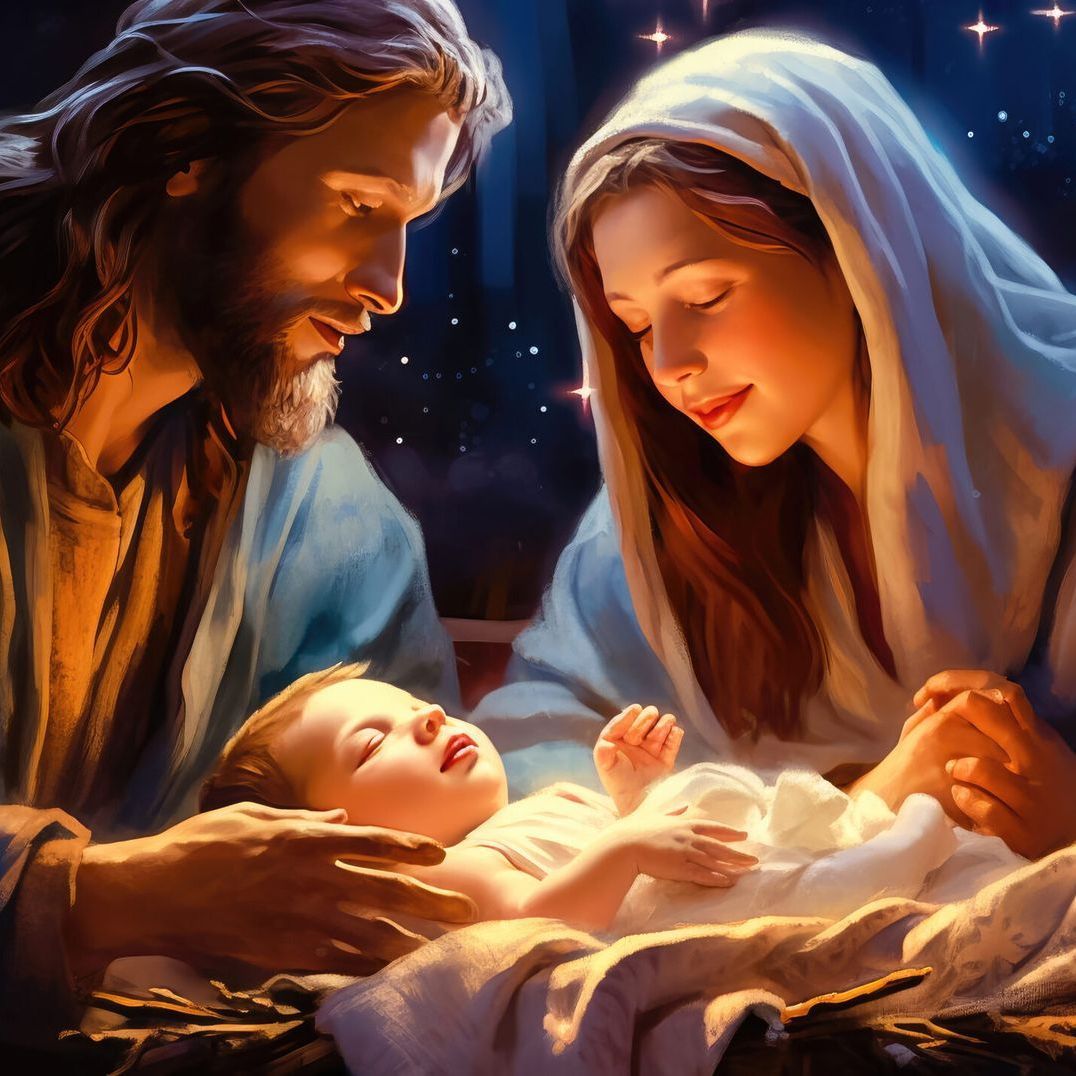The Catholic Holy Days of Obligation in the United States are:
- Solemnity of Mary: January 1
- Assumption of the Blessed Virgin Mary: August 15
- Solemnity of All Saints: November 1
- Immaculate Conception of the Blessed Virgin Mary: December 9
- Christmas: December 25
Please note that these days are in addition to all Sundays, which are also considered Holy Days of Obligation. Mass times on Holy Days will be published in the bulletin.
Information on the individual Holy Days are listed below. All Sundays are considered as a Solemnity within the Catholic Church.

